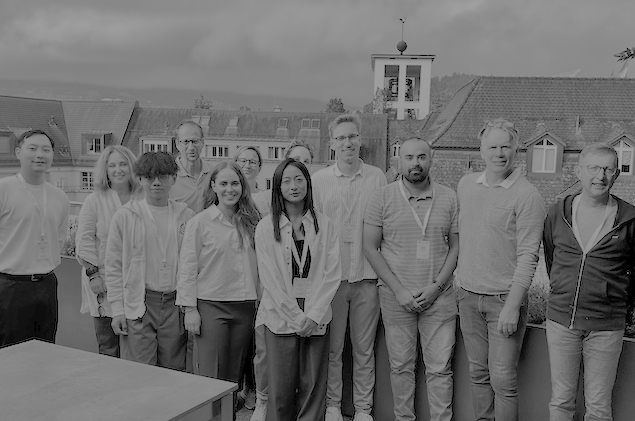

The Continuous Innovation Network (CINet) is a global network set up to bring together researchers and practitioners working in the field of Continuous Innovation and related areas of research and practice. The mission of CINet is to progressively become a school of thought on Continuous Innovation. Consistent with this mission, CINet organizes an annual conference. This announcement concerns the 27th CINet conference, which will take place in Genoa, Italy, hosted by the Department of Mechanical, Energetical, Management and Transportation of Università degli Studi di Genova, on 13-15 September 2026.
The 27th CINet conference will explore the theme of "Innovation in the age of Complexity", focusing on the integration of a complexity approach with innovation to help the sustainability transition and the digital transformation. This intersection is critical for advancing innovation research and addressing real-world challenges.
Complexity is a mandatory approach to properly address research questions in innovation, management, economics, and organizational systems. These systems are Complex Adaptive Systems characterized by non-linear relations among their constitutive elements, heterogeneity, self-reflexivity, emergent properties, self-organization, expectations, and dynamic continuous adaptation.
In addition, the diffusion of new technologies for massive data collection offers the opportunity to measure and evaluate innovation and complex system dynamics through data-driven methodologies. New tools can be used to collect large amounts of rich, high-quality, and reliable data, in almost real time. They provide automatic and more objective measurements of individual, team, and firm behaviors, supporting scholars in analyzing innovation and complex systems.
This conference will provide a platform for researchers and practitioners to share insights and strategies for managing innovation, integrating a complexity approach with more traditional ones. It aims to shape a future where the complexity lens is used for advancing continuous innovation aligned with human values and societal priorities.
The 27th CINet Conference invites rigorous research-based papers and research notes as well as practitioner presentations aimed at developing theory and/or practical recommendations related to the conference theme, “Innovation in the age of complexity”, including:
In addition, papers addressing a broader set of themes within continuous innovation are welcome. These themes include:
CINet accepts:
By accepting shorter full papers, we facilitate the development of your work into journal articles, while avoiding self-plagiarism. Furthermore, CINet wants to be a place where not only completed research but also ideas for research or collaboration and different stages of work-in-progress are presented and discussed. The “research notes” support the latter purpose. And, last but not least, CINet want to be the place where theory and practice meet. The submission of ideas for practitioner presentations will be greatly appreciated.
While most papers presented at the conference are not ready for publication, many provide a good starting point but require additional work before they are publishable. So, true to its nature, CINet selects a number of papers for possible development into a special issue paper, based on their potential and, then, organizes one or more paper development workshops, in the form of a Teams or Zoom event. In these workshops, which will take place late October or early November 2026, the special issue editors will work together with experienced reviewers, to help the invited authors to develop their paper to publishable standard.
Every year, CINet selects two award-winning papers: the John Bessant Best Paper Award and the Mariano Corso Best Practical Implications Award, the paper must meet the following criteria.
The best papers presented at the conference will be considered for publication in a special issues of:
PhD students attending the conference can attend the 25th CINet PhD Workshop for free.
More information
On the Sunday afternoon, just before the welcome reception, CINet will organize a session on hot and emerging topics in our research field.
More information